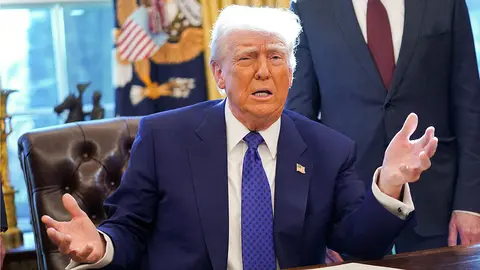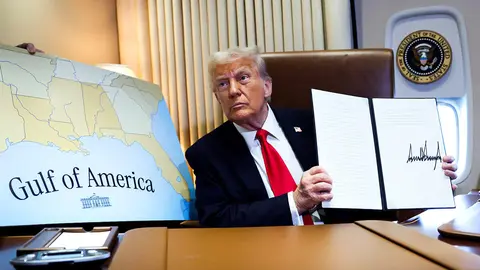The new tariffs announced by Trump shake up the world economy
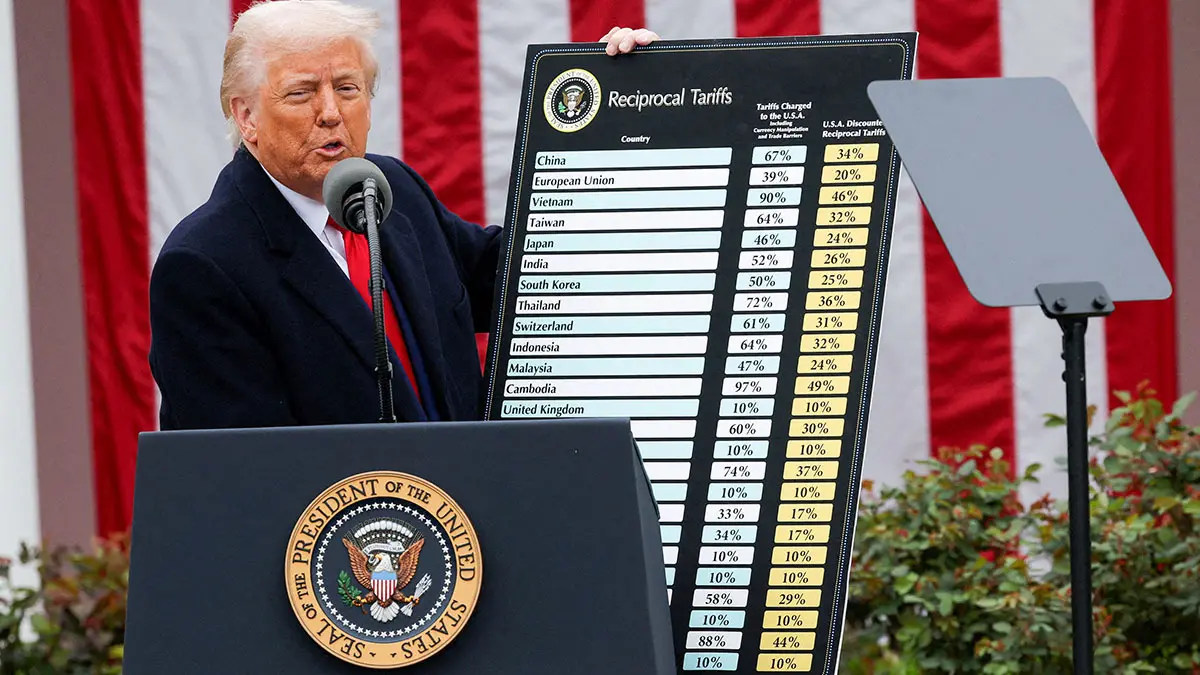
- Objectives of the tariffs
- International reactions and possible retaliation
- Impact on the global economy
- An uncertain commercial future
This week, the President of the United States, Donald Trump, has announced a series of tariffs that will affect dozens of countries, which could have a strong impact on global trade and generate far-reaching economic consequences.
The measures, which will come into effect between 5 and 9 April, include a general tariff of 10% on all imported products and higher tariffs aimed at the world's major economies, as well as several emerging ones. In the words of various analysts, this move represents the biggest breakdown of the international trading order since the Second World War.
Objectives of the tariffs
Trump defends these measures as a ‘reciprocal’ action against the protectionist practices of other countries, which, according to him, have harmed US exports. During his speech at the White House, he proclaimed ‘Liberation Day’ and presented a poster comparing the tariffs imposed on US products with the new taxes that his government will apply in response.
Among the measures highlighted are a 25% tariff on all cars manufactured outside US territory and the elimination of duty-free treatment for small packages from China, which will affect e-commerce platforms such as Shein and Temu.
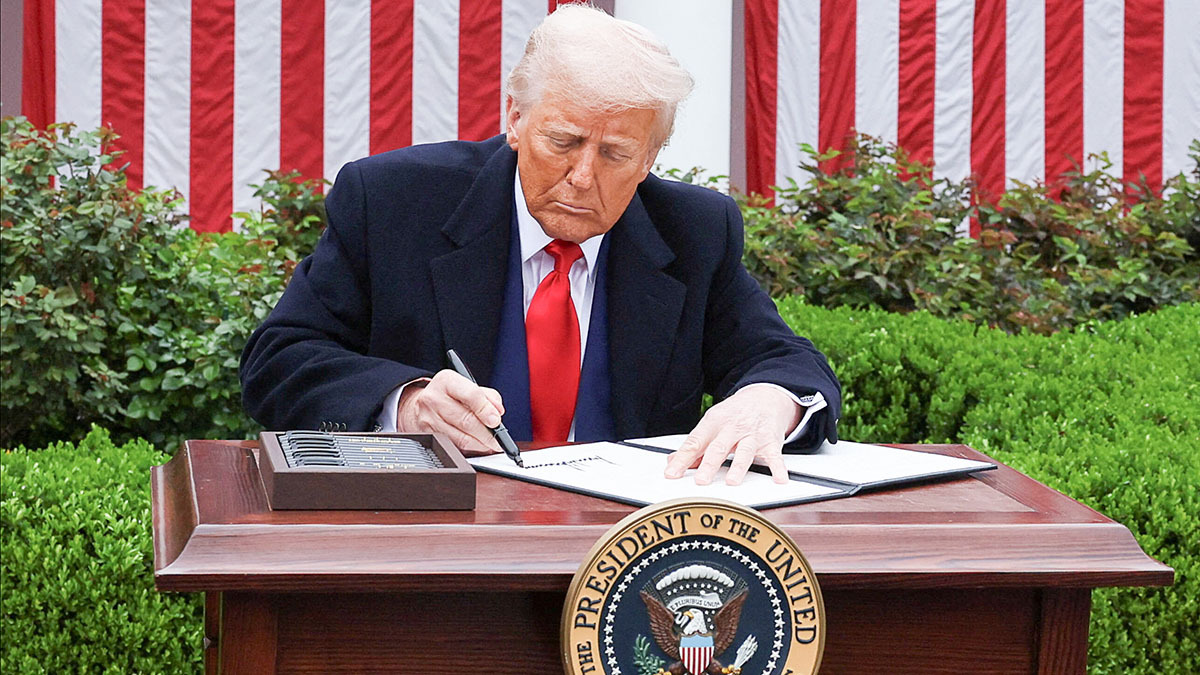
International reactions and possible retaliation
Governments and international leaders have expressed their concern about the consequences of these measures. Ursula von der Leyen, President of the European Commission, warned that tariffs will increase economic uncertainty and could trigger greater protectionism.
‘We are already finalising a first package of countermeasures in response to the steel tariffs,’ the president said during a press conference in which she also said that these tariffs ’will harm consumers around the world.’
‘Millions of citizens will face higher food costs. Medicines will cost more, as will transportation. Inflation will rise, and this will particularly harm the most vulnerable citizens,’ she explained.
Von der Leyen also emphasised the importance of European unity, recalling that the continent has the world's largest single market with 450 million consumers. ‘Europe stands united in defence of our companies, our workers and all Europeans,’ she concluded.
The universal tariffs announced by the US are a major blow to businesses and consumers worldwide.
— Ursula von der Leyen (@vonderleyen) April 3, 2025
Europe is prepared to respond.
We'll always protect our interests and values.
We're also ready to engage.
And to go from confrontation to negotiation ↓ https://t.co/WbXqsN4ZX7
The Italian Prime Minister, Giorgia Meloni, described the measures as ‘wrong’ and warned of the risk of a trade war that would weaken the West in favour of other powers. In South America, Brazil announced that it will consider actions before the World Trade Organisation (WTO), while Colombia is studying measures to protect its national industry.
In Asia, South Korea described the situation as ‘a global trade war’ and said it would use all its capabilities to mitigate the damage. China, for its part, urged the United States to withdraw the tariffs and warned that these measures threaten global economic development. ‘There is no winner in a trade war and there is no way out of protectionism,’ China's Ministry of Commerce said in a statement.
On the other hand, the Spanish Chamber of Commerce calculates that the imposition of tariffs of 20% by the United States could reduce Spanish exports to the North American country by an average of 14.3%.

Impact on the global economy
Stock markets reacted negatively to the announcement. Companies with a high exposure to international trade, such as Apple, Amazon and Nike, suffered significant falls on Wall Street. In Asia, the Nikkei index in Tokyo fell by 3.4%, while the Kospi in Seoul lost 2.2%.
The effects on the US economy could also be significant. An increase in the prices of consumer goods, from cars to clothes and electrical appliances, is expected, which could fuel inflation and affect the purchasing power of citizens.
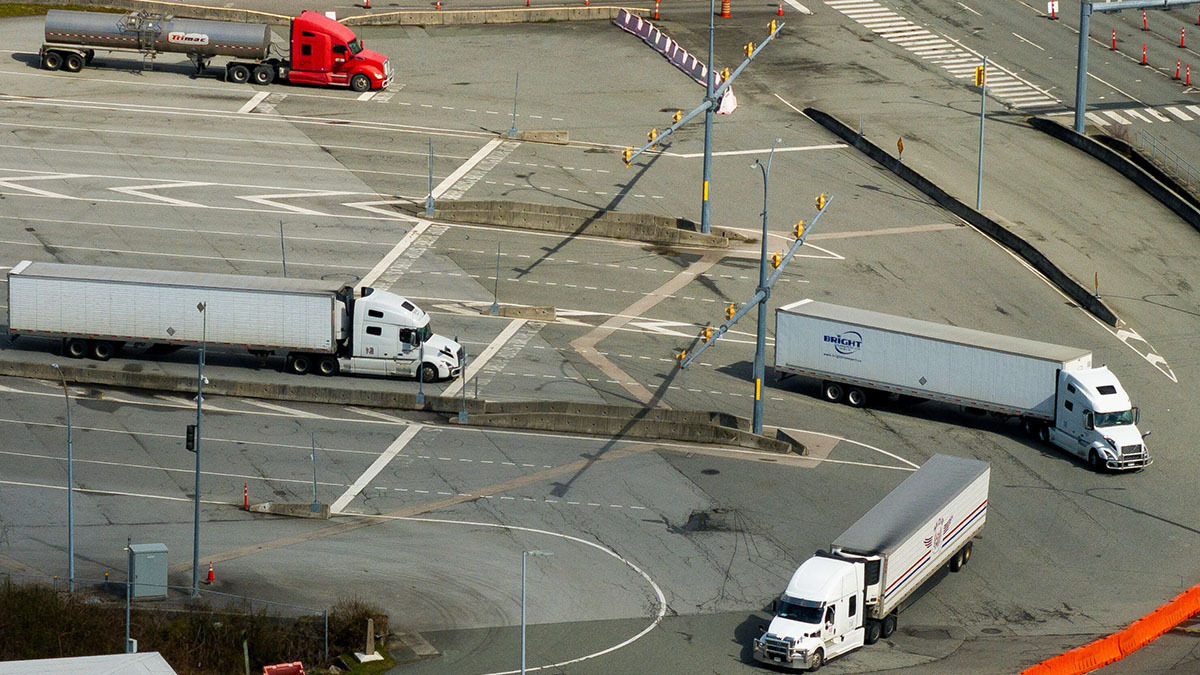
An uncertain commercial future
Despite criticism and the risk of commercial reprisals, the White House is standing firm and will press ahead with the implementation of tariffs. While some countries are seeking to negotiate, others are preparing retaliatory measures, which could escalate into a far-reaching global trade war.
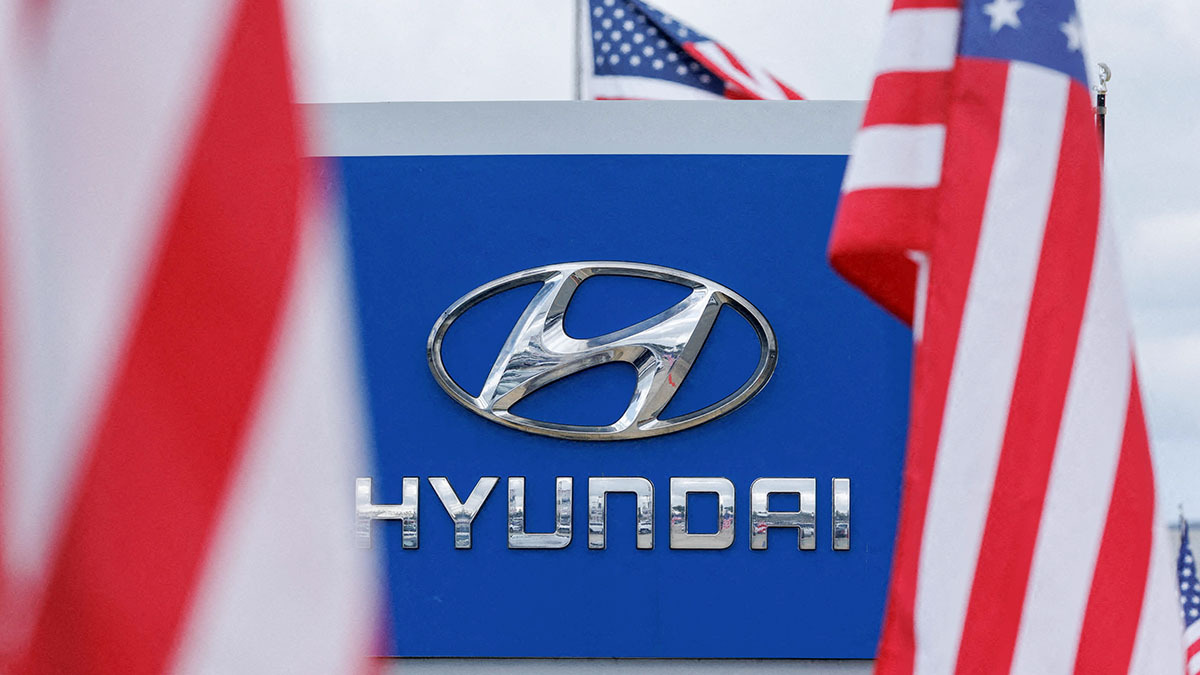
The future of international trade is at a turning point. Uncertainty about the reactions of other countries and the impact on the world economy make the coming weeks crucial in determining whether these measures will generate benefits for Washington or, on the contrary, have negative consequences at a global level.

